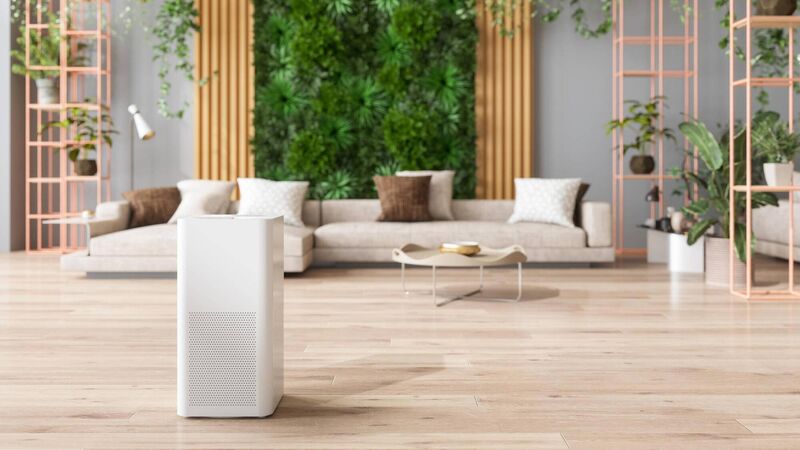Is the air in our homes bad for our health?

Many of us may not be fully aware how the quality of the air around us can affect our health
Our homes are becoming more airtight in an effort to maximise their efficiency. As a result of these improvements, it’s possible to forget how the quality of our indoor air can drastically change the warmer our homes become.
Most importantly, we may not be fully aware how the quality of the air around us can affect our health.








